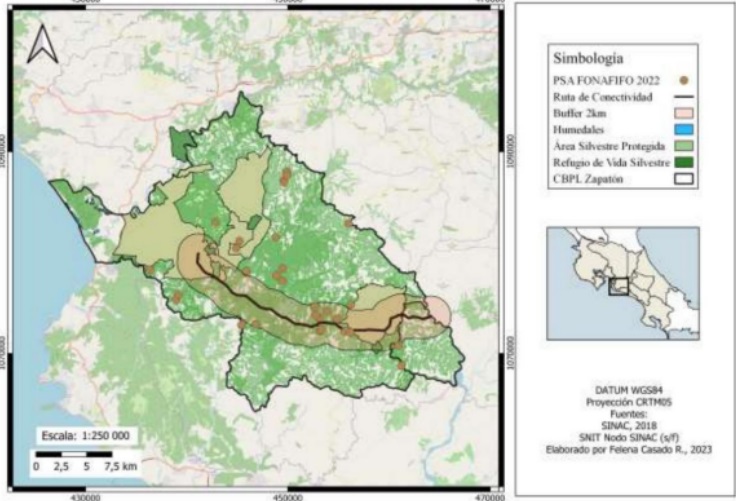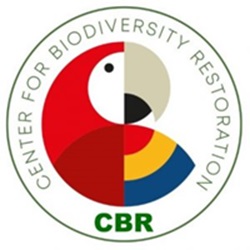All the initiatives chosen for La Ruta Conectividad prioritize the preservation of biodiversity, as well as the economic and social well-being of the local community. These endeavors are specifically crafted to enhance or uphold the existing biodiversity, ensuring its continuity for future generations, while simultaneously fostering sustainable or regenerative livelihoods for the community.

- Education:
- Educational programs and awareness campaigns play a crucial role in fostering an understanding of the importance of biodiversity, natural, and cultural heritage conservation. Education empowers communities to actively participate in conservation efforts, make informed decisions, and adopt sustainable practices. It builds a sense of pride and stewardship towards local heritage..
- Biodiversity Baseline :
- Establishing a biodiversity baseline involves documenting and assessing the current state of native species and ecosystems in the La ruta Conectividad area. A biodiversity baseline provides valuable information for monitoring and evaluating conservation efforts over time. It serves as a tool for measuring the success of community-driven initiatives and helps identify areas that need attention.
- Sustainable Pastures (Silvopastoral)
- Silvopastoral systems integrate trees or shrubs with pastureland to create a sustainable and productive environment for both livestock and wildlife. Silvopastoral systems enhance biodiversity by providing habitats for various species. They also offer economic benefits through diversified income sources and improved livestock productivity.
- Agroforestry
- Agroforestry combines agricultural and forestry practices to create sustainable land-use systems. This approach integrates the cultivation of trees, shrubs, and crops on the same piece of land. Agroforestry enhances soil fertility, increases biodiversity, and provides additional sources of income for local communities. By promoting the planting of native species, it contributes to the conservation of biodiversity and natural heritage.
- Ecotourism
- Ecotourism involves responsible travel to natural areas that conserve the environment, sustains the well-being of the local people, and involves interpretation and education. Ecotourism provides economic opportunities for local communities, encouraging the preservation of natural and cultural heritage. It fosters a sense of responsibility among tourists towards biodiversity conservation.
- Native Pollinators
- Native pollinators, such as bees and butterflies, are vital for ecosystem health, facilitating plant reproduction and maintaining biodiversity. Among them, native bees like Mellipona play a key role, efficiently pollinating plants and providing high-quality honey. This not only benefits the environment by ensuring the survival of diverse species but also serves as a sustainable income source for communities through beekeeping. Protecting these pollinators is crucial for a balanced ecosystem, supporting both nature and local economies.
- Macaw Nesting
- Coming Soon!
- Research Center
- Coming Soon!

![cbpl-logo-3[1] cbpl-logo-3[1]](https://c4br.org/wp-content/uploads/elementor/thumbs/cbpl-logo-31-qiwqbfwjaa8ydzluyxar06b8ff92ldef5pe5jzcxvi.jpg)
